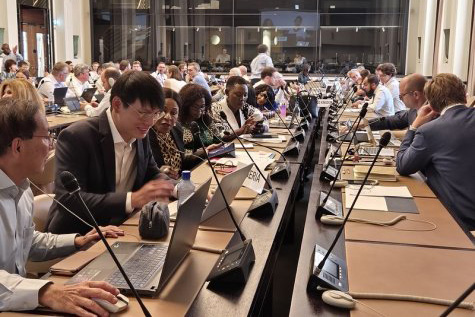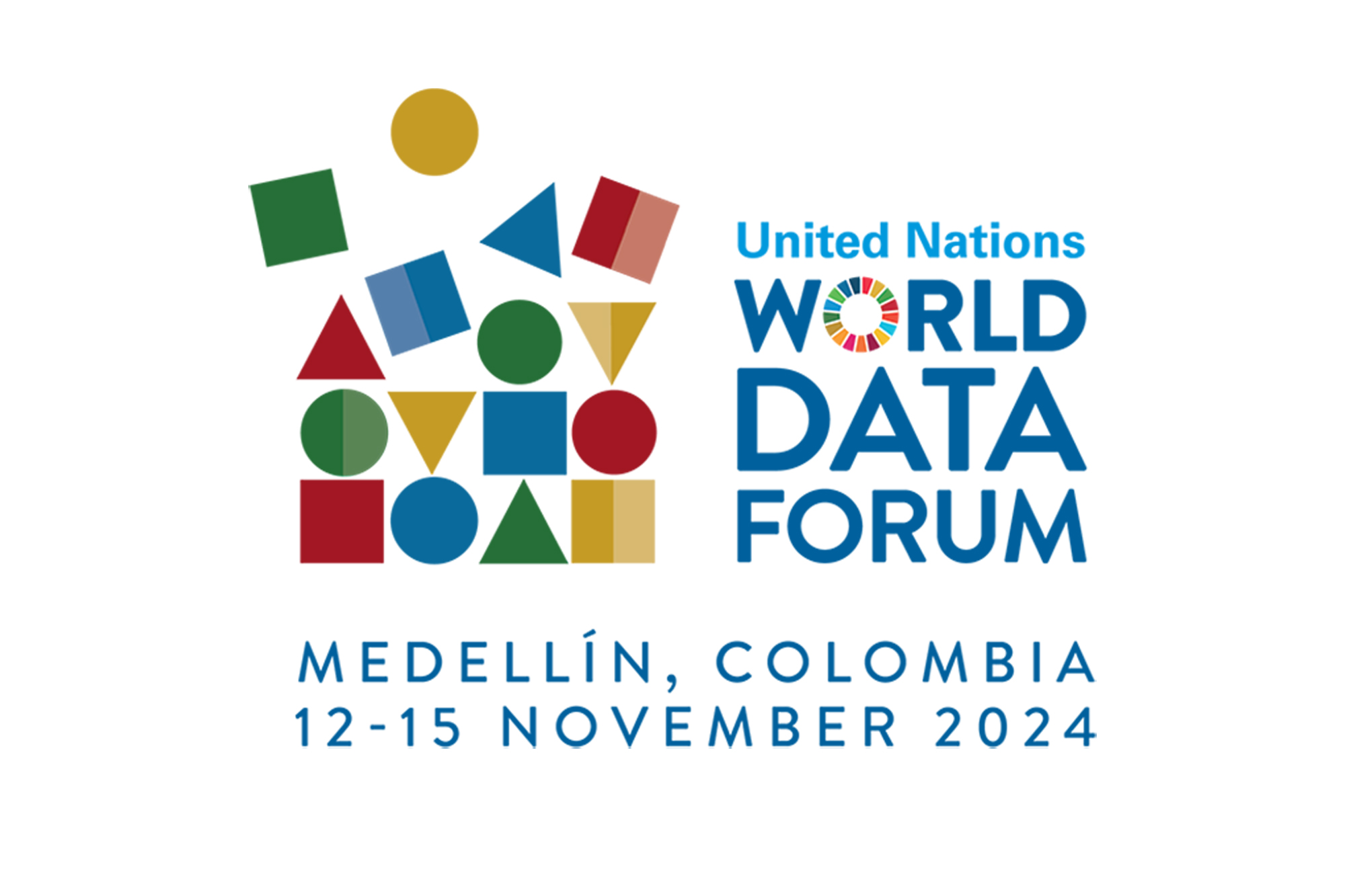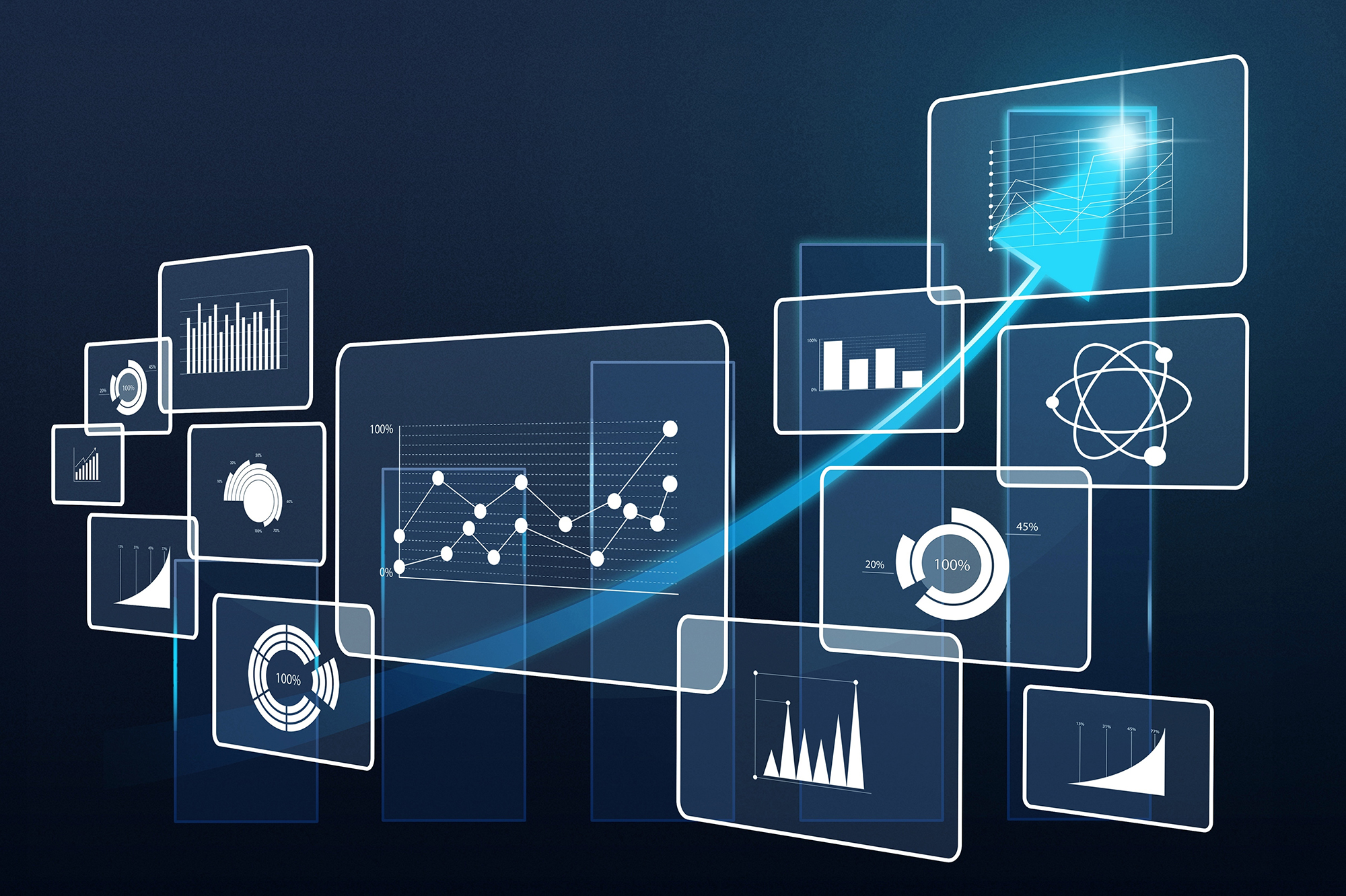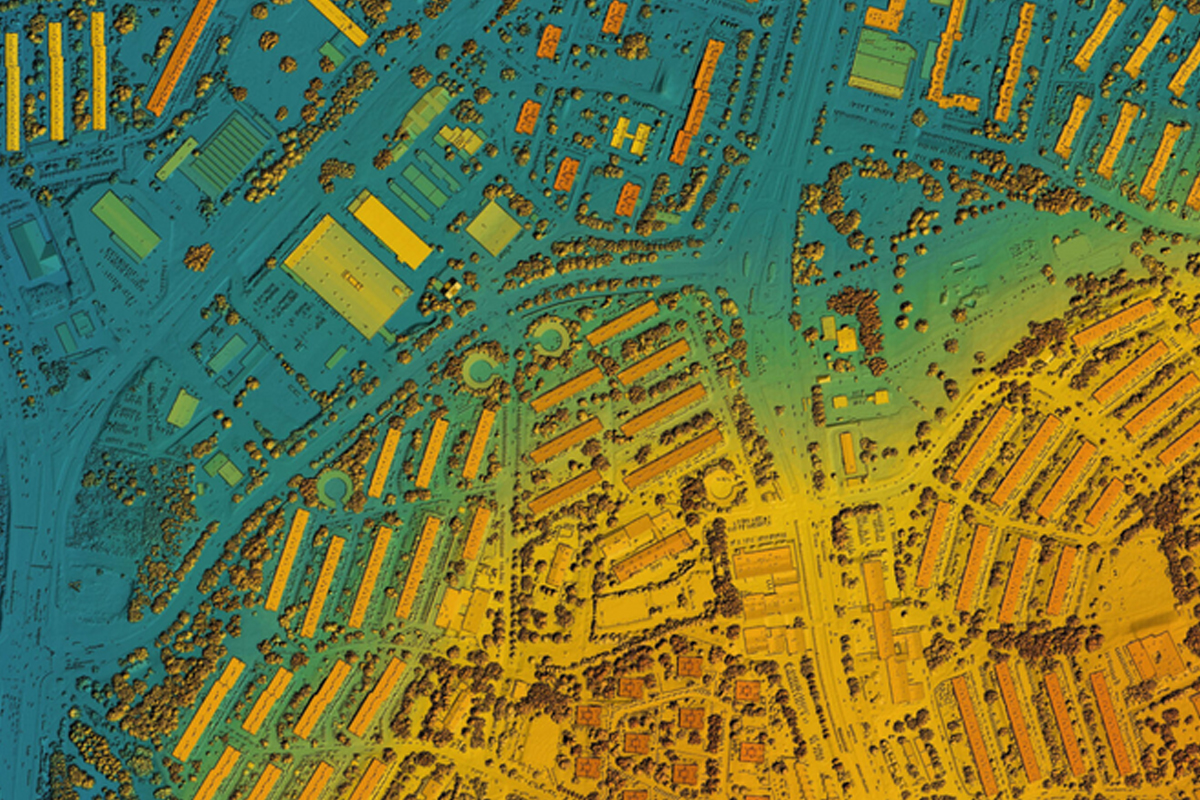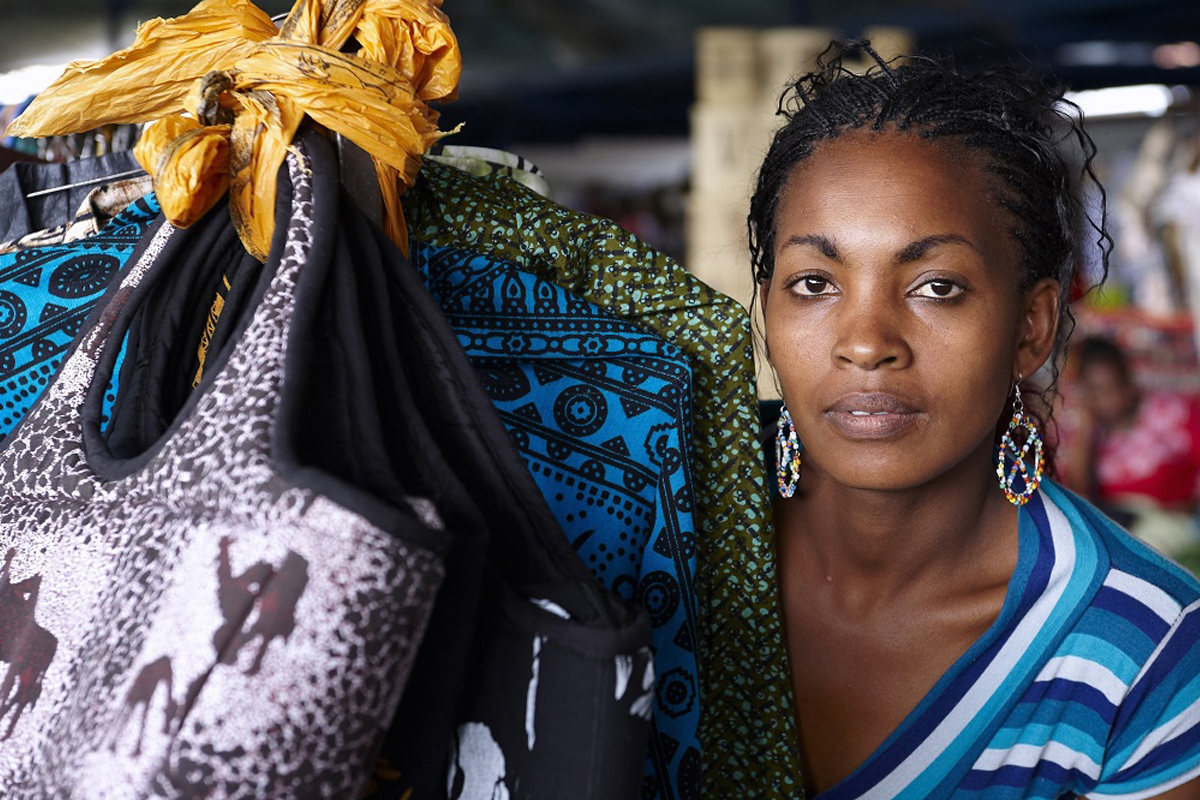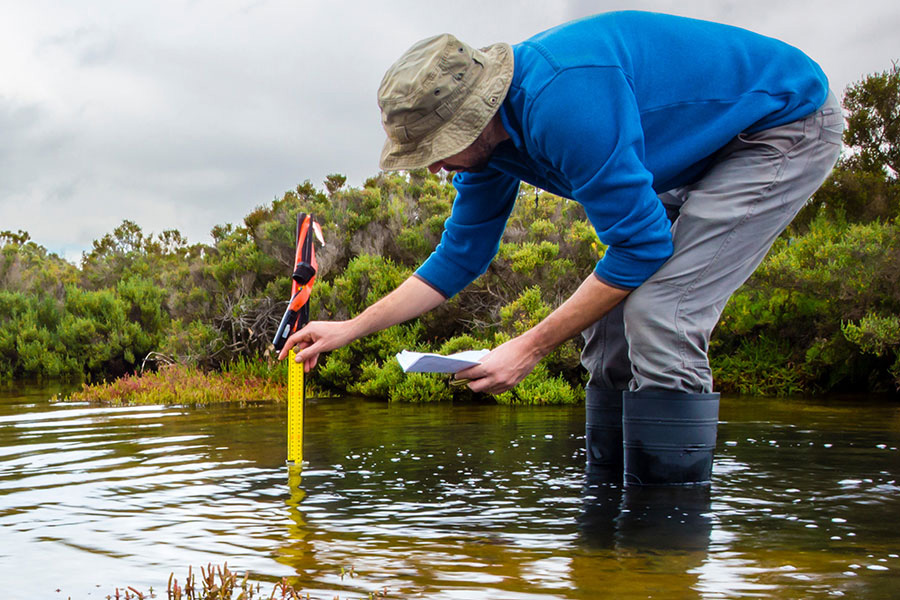Find out more in
Global Issues:
This year’s World Statistics Day, taking place alongside the UN80 Initiative underscores the vital role of reliable data in driving global progress. From peacekeeping and climate action to sustainable development and public health, trusted statistics empower informed decision-making at every level. As the global statistical community continues to foster collaboration, transparency, and innovation, data literacy and ethical practices remain key to building a more inclusive, equitable, and sustainable future.
Kalian Sampoa Gumah collects vital data from agricultural workers in Ghana, supporting JobAgri’s mission to improve agri-food jobs, productivity, and food security through policy.
Standard Tools for Analysis of Trafficking in Persons (STATIP) bridges legal and statistical gaps to ethically and accurately measure human trafficking for forced labour through innovative and standardized survey methods.
A new UN policy recommendation adopted in Europe could lead to improved verifiability of sustainability claims, greater reporting efficiency, enhanced data sovereignty for businesses and increased consumer trust.
Accurate death certificates and coding are essential for quality mortality data and effective public health strategies.
The UN World Data Forum will take place in Medellín, Colombia, from 12 to 15 November. This event is particularly significant for the advancement of data and statistics, given the recent adoption of three key documents during the Summit of the Future. The Forum will feature topics focused on the future of data and statistics, such as youth, gender, climate and environment, digitalisation and modernization, data literacy and data science including AI. The Forum’s outcome document also contains a forward-looking vision for the renewal of the Global Action Plan on sustainable development data.
Over the past three decades, societies have significantly improved population data gathering, leading to better health care and the empowerment of sexual and reproductive rights. However, marginalized communities remain underrepresented, affecting their well-being. As we mark World Population Day - July 11, we ask who remains uncounted and why. Investing in robust data collection is crucial for identifying issues, crafting targeted solutions, and fostering equitable development. Let's commit to refining our data systems to fully embrace human diversity, empowering everyone to realize their rights and aspirations.
Data allows us to make informed decisions. Statistics enables us to gain a better understanding of the world around us by collecting, analyzing, and interpreting data. The United Nations Statistical Commission is the highest decision-making body for international statistical activities, responsible for setting statistical standards and the development of concepts and methods, including their implementation. The 55th session of the UN Statistical Commission is being held in New York from 27 February - 1 March 2024 under the theme "Better data, better lives".
Data literacy is the ability to work with and interpret data. The World Bank’s Data Use and Literacy Program, delivers a range of activities to build capacity for data literacy and data use, enable data-driven decision-making, and democratize participation in the data revolution across low- and middle-income countries.
UNOPS: Geographic Information Systems may be a secret ingredient to accelerating progress on the SDGs.
UNCTAD publishes new guidelines to collect data to help policymakers tackle gender inequalities in trade.
Joan Baez needs no introduction. The legendary artist and peace icon has been inspiring generations of activists for decades to stand up against war, poverty and injustice.
While at the UN in Geneva, she sat down with UN News’s Daniel Johnson to talk about her earliest encounter with the UN and which of the Sustainable Development Goals (SDGs) resonates the most with her. She pointed to the climate crisis as today’s most pressing struggle, warning that “if we don’t get it, it’s going to get us”.
The performer famous for her era-defining rendition of the protest song “We Shall Overcome” also spoke about why in the face of conflict and despair, she continues to choose action and “do her part”.

2022: The year that was
While 2022 was a year marked by hardship and suffering, it also brought times that we’ll want to remember. From the growth of the human family to the expansion of our enumerated rights, we are reminded that even in the midst of struggle, we can find cause for celebration, awe or gratitude. In November, according to the best estimates, the world’s 8 billionth human came into the world. The arrival of human #8,000,000,000 is a time for us to reflect on what kind of world we want. We now have 8 billion reasons to fight harder to achieve the Sustainable Development Goals and build a just, green and equitable future for every human. UNDP highlights 2022 in 11 snapshots.
Information gaps impede the understanding of the impact of policies—from measures to incentivize cuts in emissions, to regulations that reduce risks and boost resilience to climate shocks. Without comprehensive and comparable data to monitor progress, it’s impossible to know what works, and where course corrections are needed. This underscores the importance of the new IMF Data Gaps Initiative to make statistics more detailed, and timely. Energy is the sector needing change the most. It is the largest contributor to greenhouse gas emissions, around three-quarters of the total.





